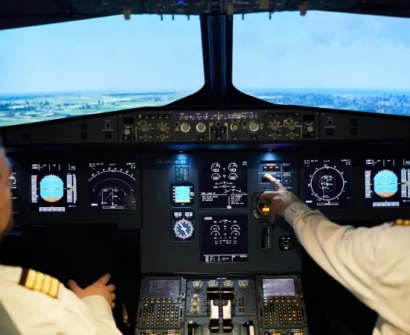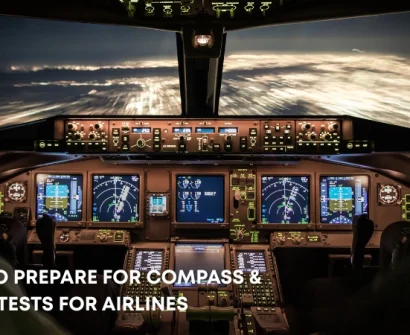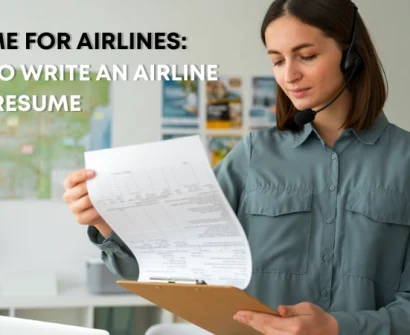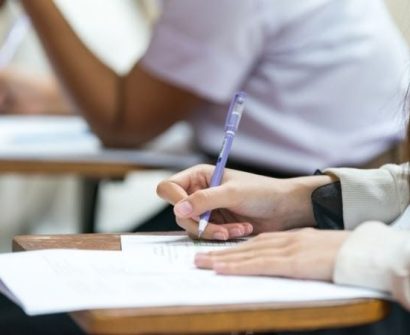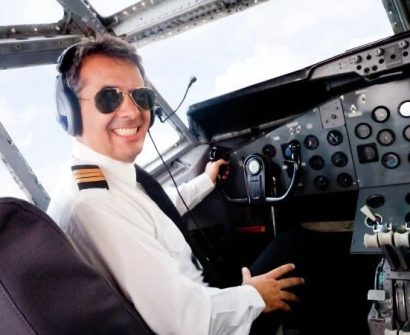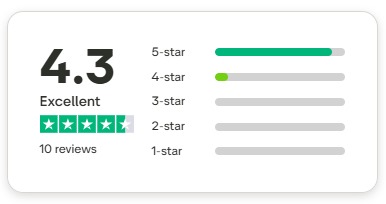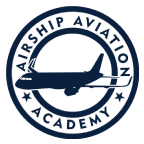Currently Empty: ₹0.00

Aspiring to become a pilot in Delhi? Buckle up! This journey demands dedication, but the rewards are sky-high. Pilot training combines classroom learning with hands-on experience. Textbooks and study guides equip you with the aeronautical knowledge tested in DGCA exams, while flight training hours get you comfortable at the controls. This comprehensive guide will navigate you through choosing the right program, acing the exams, and launching your successful pilot career in Delhi.
The Pilot Training
Delhi boasts a rich tapestry of pilot training schools and academies, catering to various license aspirations. Here’s a breakdown of the most common pilot licenses and the training involved:
- Private Pilot License: This entry level license allows you to fly single engine airplanes for personal use. Training incorporates ground school classes covering aerodynamics, navigation, meteorology, and regulations. You will gain practical experience through flight hours under the watchful eye of a certified flight instructor.
- Commercial Pilot License: This advanced license qualifies you to fly from commercial airlines or provide air taxi services. Training builds upon the PPL curriculum, with additional ground school subjects like commercial air operations, focusing on multi engine aircraft and instrument flying procedures. With help of our CPL Classes you can achieve your dream.
Choosing Your Flight School
Selecting the right pilot training academy is crucial for your success. Consider these factors:
- Accreditation and reputation: Ensure the academy is approved by the Directorate General of Civil Aviation and has a proven track record of graduating successful pilots.
- Training Fleet: Evaluate the variety and quality of aircraft available for training. Common options include cessna, diamond, and piper models.
- Faculty Expertise: Look for experienced instructors with a strong background in aviation and a passion for pilot training.
- Course Structure: Assess the program’s comprehensiveness, including the balance of ground school and flight training hours.
- Location and Facilities: Consider the Academy’s accessibility and proximity to airports with dedicated training areas.
- Cost and Scholarship Opportunities: Explore financing options like bank loans or scholarships to manage training expenses.
Your Guide to Essential Pilot Training Books
The captivating dream of soaring through the clouds as a pilot beckons, and Delhi, a bustling hub of many Aviation Training Academy, offers the perfect launchpad for your journey. However, pilot training requires not just flight hours but also a deep understanding of aeronautical principles.
Navigating the Maze of Pilot Training Books
Delhi boasts a thriving market for aviation books, catering to aspiring pilots of all license levels. Here’s a breakdown of some key categories to consider:
1. DGCA Approved Reference Materials:
The Directorate General of Civil Aviation (DGCA) lays down the official syllabus for pilot training exams. Opting for DGCA-approved textbooks is crucial, as they ensure comprehensive coverage of the required information. Look for publications issued by the Government of India Press or approved by the DGCA itself. These books typically focus on specific subjects like:
- Air Regulations (REG): These books delve into Indian aviation regulations, licensing requirements, and air traffic control procedures.
- Air Navigation (AN): Mastering air navigation principles, airspace structures, communication procedures, and instrument navigation techniques becomes possible with dedicated reference materials.
- Meteorology (MET): Understanding weather phenomena, forecasting techniques, and their impact on flight operations is vital, and dedicated MET textbooks provide in-depth explanations.
- Principles of Flight (POF): Grasping the fundamental principles of aerodynamics, aircraft performance, and flight planning is crucial, and textbooks specifically focusing on POF offer detailed explanations and illustrations.
- Human Factors (HUF): Exploring human limitations, decision-making processes, and crew resource management is essential for safe flying. DGCA-approved HUF textbooks provide valuable insights.
2. Textbooks and Study Guides for Specific License Levels:
Beyond the core DGCA-approved materials, numerous publications cater to specific pilot license training. These can be categorized as:
- Private Pilot License (PPL) Training Books: These provide a foundational understanding of aeronautical concepts, emphasizing safe operation of single-engine aircraft for personal use.
- Commercial Pilot License (CPL) Training Books: Building upon the PPL curriculum, these delve deeper into advanced topics like multi-engine aircraft operation, commercial air operations, and instrument flying procedures.
- Airline Transport Pilot License (ATPL) Training Books: Geared towards preparing for the rigorous ATPL exams, these offer comprehensive coverage of complex topics like flight planning in high-density airspace and aircraft systems management.
Pilot Training Exams in Delhi
The vibrant city of Delhi isn’t just a historical and cultural gem; it’s also a launchpad for aspiring aviators. Earning your pilot license unlocks the exhilarating world of flight, but before you take the controls, a crucial hurdle awaits – the DGCA (Directorate General of Civil Aviation) pilot training exams.
Understanding the DGCA Exam Landscape
The DGCA administers a series of theoretical knowledge exams for each pilot license level. These exams assess your grasp of essential aeronautical concepts, regulations, procedures, and flight principles. Here’s a breakdown of the typical exams you’ll encounter:
- Private Pilot License (PPL):
- Air Regulations (REG)
- Air Navigation (AN)
- Meteorology (MET)
- Principles of Flight (POF)
- Human Factors (HUF)
- Commercial Pilot License (CPL): (Builds upon PPL subjects)
- Commercial Air Operations (CAO)
- Instrument Flight Procedures (IFR)
- Aircraft Technical General (ATG)
- Airline Transport Pilot License (ATPL): (Most comprehensive exam set)
- Advanced Meteorology and Navigation (AMN)
- Aircraft Performance (AP)
- Flight Planning and Procedures (FPP)
- Aeromedical Science (AMS)
Building a Winning Exam Strategy: Prepping for Success
Conquering the DGCA exams demands strategic preparation.
1. DGCA Approved Resources:
The foundation of your preparation lies in authorized materials. Use:
- DGCA Syllabi: These documents outline the specific topics covered in each exam, ensuring you don’t waste time studying irrelevant material.
- DGCA Approved Textbooks and Study Guides: Opt for official DGCA-approved publications or those endorsed by reputable aviation publishers. These resources provide comprehensive explanations and cover the complete syllabus.
2. Practice Makes Perfect:
Don’t just rely on passive learning. Actively engage with the material through:
- Practice Questions and Mock Tests: DGCA-approved books and online resources often offer practice questions and mock exams mirroring the actual format. Utilize these to test your understanding, identify weak areas, and build confidence.
- Past Exam Papers: While access to official past papers might be limited, explore online resources or ask your chosen pilot training academy if they have access to sample questions from previous exams.
3. Mastering the Material: Effective Study Techniques
Simply memorizing facts won’t suffice. Develop a deep understanding of the concepts:
- Structured Study Plan: Create a timetable allocating sufficient time for each subject, ensuring focused revision and balanced preparation.
- Active Learning: Don’t just read; engage with the material through techniques like note-taking, mind mapping, and summarizing key points.
- Visualization: Use diagrams, illustrations, and even mental imagery to visualize flight concepts and procedures for better understanding and recall.
Conclusion
Earning your pilot license in Delhi isn’t just about soaring through the skies; it’s about mastering the intricate world of aeronautical knowledge.

